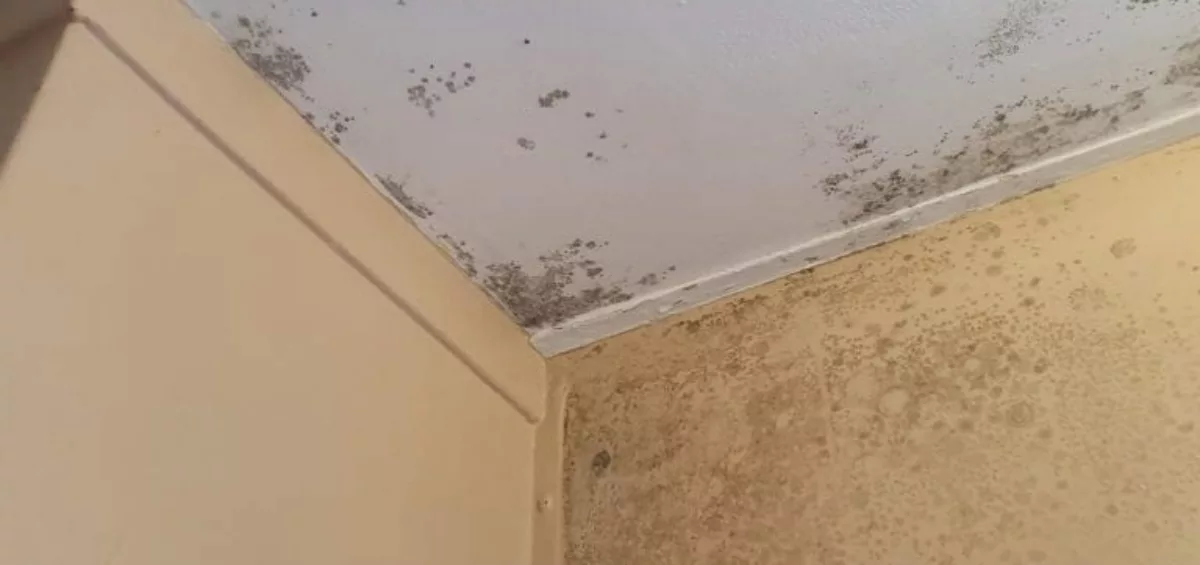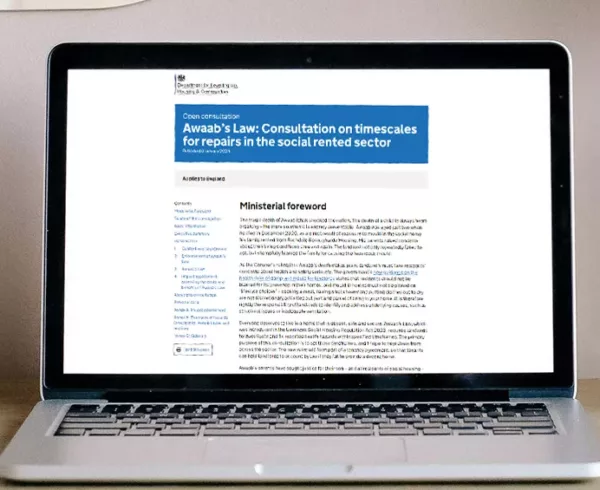Are you living in a cold house and are worried about yourself and your family?
A cold house can contribute to serious health issues but can also impact you causing absence from work, lack of sleep, social isolation and mental health issues. If you have pre-existing conditions such as diabetes, circulatory problems and arthritis, depression and anxiety then you are more vulnerable to the cold and fall into a higher risk category. A cold house is also known to exacerbate respiratory conditions such as asthma; even more so if there is dampness and mould in your home.
Temperature guide for your home
| Below 13° | 14-15° | 18° | 19-21° | 24-27° |
| Your Blood pressure and risk of cardiovascular disease may increase | Your resistance to respiratory diseases decreases | This is a recommended bedroom temperature at night | This is the recommended daytime temperature for all occupied rooms | This is too warm and can put babies and young children at risk |
Common housing issues
If you have been left for months or years, by your landlord or housing association, with any of the following common housing issues then CEL Solicitors can liaise directly with your landlord or housing association, to get the repairs done and fight for any additional compensation that may be due to you:
Leaks and water damage
As the weather changes, and we experience higher rainfall and colder temperatures, leaks become much more common in housing disrepair claims. Leaks can occur for a variety of different reasons, and water can get in, in a number of different ways. This can be the result of a poorly maintained or damaged roof, cracks caused by structural defects, faulty windows and doors as well as blocked drainage and guttering. Burst pipes are also very common in winter when the water inside the pipe freezes and then expands as temperatures drop.
Defective windows and doors
Defective windows and external doors are not uncommon in housing disrepair claims. Issues include windows and doors not being fitted correctly, having gaps, missing seals and not closing or locking properly. These issues can allow water ingress, draughts and can cause the property to be excessively cold, which is especially bad in winter and can contribute to ill health. As well as the disrepair, some of these issues can also make homes more prone to entry by intruders, which can have devasting consequences. In both cases, this can make people feel incredibly vulnerable.
Damp and mould
Damp and mould, caused by leaks and water ingress, is among the most common complaint we see in housing disrepair claims. Rain, ice and snow during the winter can exasperate leaks and water damage, which in turn can worsen the damp and mould in a property. In addition to being unsightly damp and mould can also significantly affect certain health issues, such as allergies and asthma.
Boiler issues
Often when houses are poorly maintained and have issues such as those already mentioned it’s not uncommon for them to have other faults such as inadequate sanitation, faulty electrics and problems with the gas and central heating. Issues, such as loss of heating, can be frustrating any time of year, however, in winter these issues can have a detrimental impact on tenants’ health. It can exacerbate existing health issues, such as asthma and arthritis. Cold temperatures can also aggravate conditions such as pneumonia, flu and bronchitis as well as increase the risk of cardiovascular conditions such as strokes and heart attacks.
Making a Housing Disrepair Claim in Winter
When a landlord fails to maintain a property, it can quickly fall into a state of serious disrepair. Unfortunately, this is the reality for a lot of our housing disrepair clients who, through no fault of their own, will find themselves living in substandard accommodation this winter. This can cause a lot of stress and inconvenience and stops people from being able to enjoy their home, which can be especially sad in the run-up to the festive season.
What’s more, as the winter months draw in, cold and wet weather conditions can significantly worsen housing disrepair issues. This, coupled with the fact people tend to spend a lot more time indoors during the winter months, can have devastating consequences for those being ignored by their landlord, but help is available.
Making a claim
If you’re a tenant living with serious disrepair you should notify your landlord as soon as possible by telephone, email, letter or in person. The landlord should then be allowed a reasonable period of time to resolve the issues. If, despite your best efforts to keep the property in a good condition, the landlord is failing to address the source of the disrepair you can start a housing disrepair claim.
Contacting CEL Solicitors: Specialists in housing disrepair claims
If you are living with serious housing disrepair issues and your landlord is not carrying out any of the required repairs then you can bring a housing disrepair claim. CEL Solicitors are experienced housing disrepair solicitors that will fight on your behalf to obtain an agreement for the landlord to complete the repairs and secure compensation for the inconvenience you have suffered. Contact us today on 0808 273 0900.













